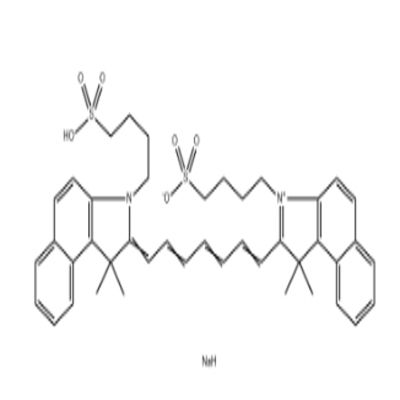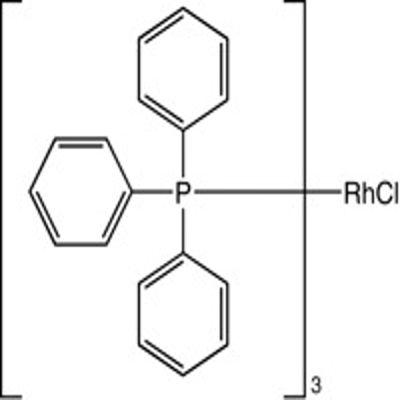-
Categories
-
Pharmaceutical Intermediates
-
Active Pharmaceutical Ingredients
-
Food Additives
- Industrial Coatings
- Agrochemicals
- Dyes and Pigments
- Surfactant
- Flavors and Fragrances
- Chemical Reagents
- Catalyst and Auxiliary
- Natural Products
- Inorganic Chemistry
-
Organic Chemistry
-
Biochemical Engineering
- Analytical Chemistry
- Cosmetic Ingredient
-
Pharmaceutical Intermediates
Promotion
ECHEMI Mall
Wholesale
Weekly Price
Exhibition
News
-
Trade Service
As the saying goes, "Smile, ten years less", this partly reflects the relationship between smile and health.
physical and mental pleasure to a certain extent can enhance people's immunity, can resist the outside world's bad atmosphere.
who like to smile, the body's immunity is much higher than that of those who love to be angry, which can reduce the incidence of some diseases.
if you can't really laugh? It's okay, fake laughter is okay! Moving facial muscles by imitating a smile can trick your brain into a more positive state, according to a new study.
the study, the first experiment involved participants using their teeth to bite a pen or stick and passively smile.
second experiment, the researchers asked participants to hold pens or sticks on their lips, limiting their smiling movements.
showed that even if the smile was fake and did not reflect real emotions, the behavior of the smile triggered positive-related chemicals in the brain, lowering the threshold for perceived happiness.
so it's okay to laugh more! Specifically, a strong smile stimulates the amygdala, the deep brain structure associated with emotion.
the amygdala structure in the brain involves a variety of emotional states, including anxiety and anger, as well as positive emotions such as happiness.
it also reinforces positive memories.
some studies suggest that only laughing and laughing from the heart can have a positive effect on the body.
, but this new study suggests that even fake laughs can be good for your health.
, frowning can also have a negative impact on health.
brain can't tell the difference between a real smile, a frown, and a fake smile, the researchers said.
pretending to smile can also have a positive impact on the brain, immune system and overall health.
laughter can be embarrassing (as long as you're not embarrassed, it's someone else), but the benefits are real.
a previous study by Cornell University in the United States showed that "smiling exercise" was more effective at controlling weight than performing strong exercise.
previous study published in the journal Psychological Science showed that people with smiles declined faster than those who were expressionless after taking part in high-pressure tasks.
So try to smile more even if you don't have anything particularly happy, which can reduce your anxiety and nervousness, create a happy mood, and boost immunity and happiness.
: Your Face and Moves Seem When I Smile: Facial Influence Actions The Perception of Emotional Faces and Biological Motion Stimuli This article is from Bio Valley, for more information please download Bio Valley APP (







